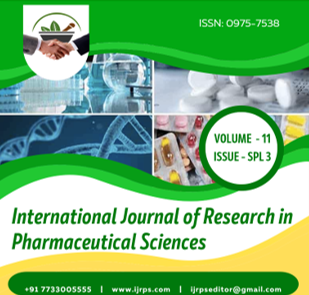Abstract
Engineered cell-based therapeutics is having a great commitment in the field of treatment of human diseases. Scientific studies revealed that cell-based therapeutics play a key role in the treatment of cancers which can be an alternative for traditional immunotherapy. Even though there have been promising results, and the potential side effects resulting in mortality forced the scientists to impart regulations in the current therapies. These are evident in the growing frame of the literature of synthetic biology. Synthetic Biology empowered these new approaches to several applications in the medical field, including the development of bioengineered cell-based immunotherapies, peculiarly T-cell engineering with tumour-targeting receptors and the Chimeric Antigen Receptor (CAR)-T cells. The specific applications of this bioengineering of cells include direct injection of cells, merging the cells with a biomaterial scaffold in an in vitro or situ condition, or the biomaterial scaffold implantation alone which can induce surrounding cells leading to tissue restoration. Hence the aim of this review article is to highlight the various aspects of engineered cell-based therapeutics.
Full text article
Authors

This work is licensed under a Creative Commons Attribution-NonCommercial-NoDerivatives 4.0 International License.

